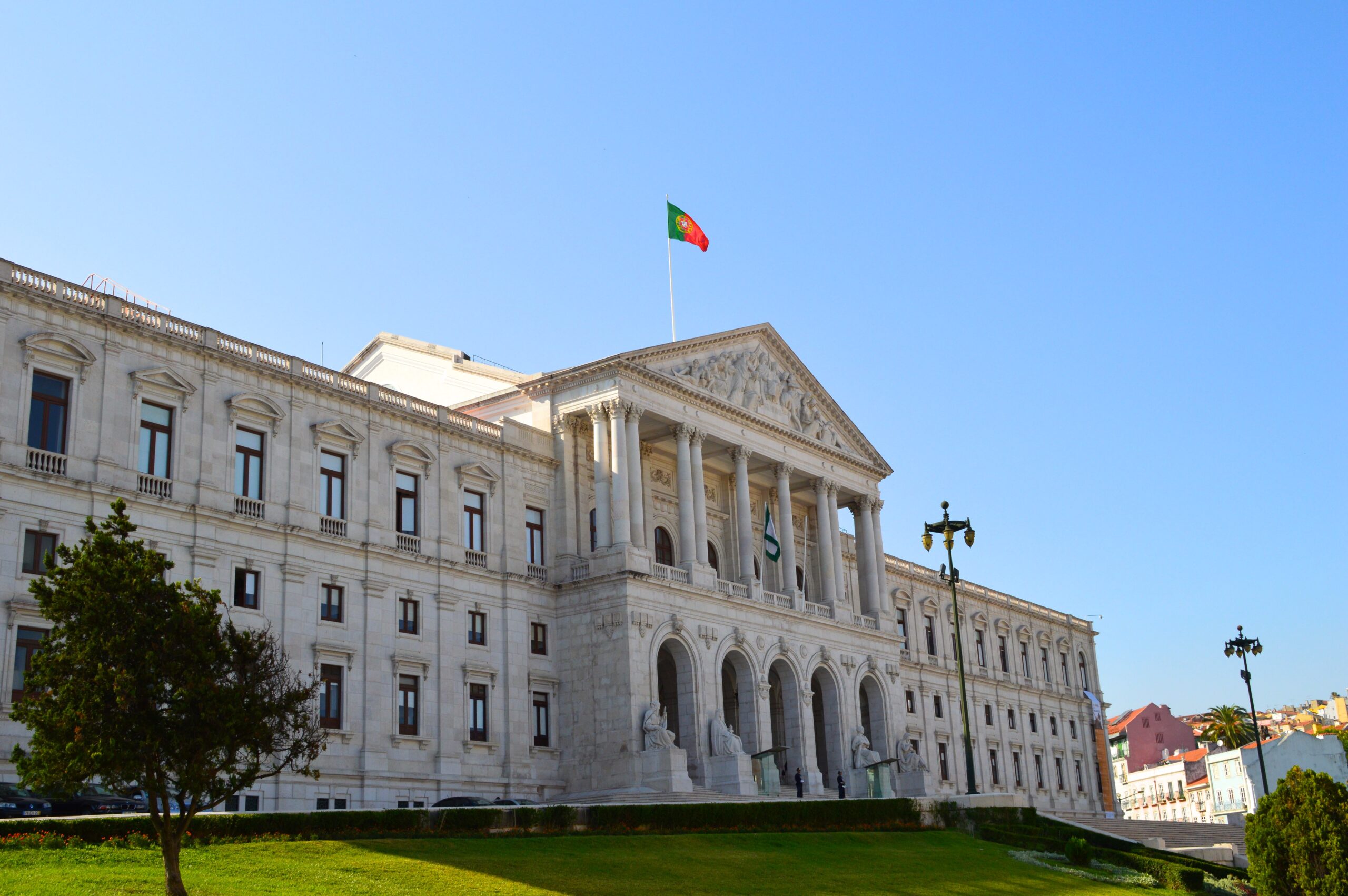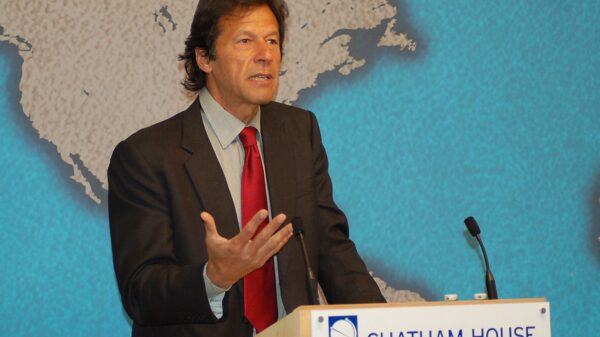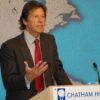Staff writer Ahmed Iqbal analyses the recent results of Pakistan’s elections and what this means for the political status of the country.
On 8 February 2024, Pakistan, the world’s fifth-largest democracy, went to the polls against a backdrop of political instability, economic turmoil and widespread discontent. With inflation running at 28.3% last month, per capita income falling by record amounts and a high risk of default, Pakistan is facing the worst economic crisis in its modern history, making this one of the country’s most important elections.
However, rather than delivering the certainty of a popular, stable government that the country desperately needs, the result of the election has left many commentators stunned with candidates affiliated with Imran Khan winning the most seats but leaving no party with the overall majority needed to form a government.
For decades, Pakistan’s powerful military has acted as the country’s kingmaker, crowning and deposing governments and political leaders as they see fit to ensure that the country’s civilian government never strays too far from the political and economic ideals of the military brass. The fact that Pakistan has seen three military coups since gaining independence in 1947, spending half of its life under direct military rule, should leave no doubt about who is really in charge.
After the former Prime Minister Imran Khan was dramatically removed from office in 2022, following reports he had fallen out with the country’s powerful army generals, Shehbaz Sharif became Prime Minister with the backing of the military, leading a coalition government. Since his removal, Khan’s popularity has soared and he has drawn large crowds to his political rallies across the country.
Political tensions boiled over in May last year when Khan was arrested on multiple corruption charges, which his allies say were fabricated in order to bar him from standing in the country’s general elections. A series of deadly riots took place across the country to protest Khan’s arrest, which paved the way for a brutal crackdown on Khan and his political party, the Pakistan Movement for Justice (Pakistan Tehreek-e-Insaf). Candidates were forced to stand as independents, a near-blanket ban was imposed on the party’s coverage, senior political figures were under pressure to defect and Khan was sentenced to a total of 31 years behind bars.
With the odds stacked against Khan and his party, the path was cleared for Nawaz Sharif, the three-time former Prime Minister who recently returned to Pakistan following a period in exile, to win the elections and return to power. With the backing of Pakistan’s military leadership, he was the clear favourite to win. But a few hours into the count on Thursday evening, it became clear that the military had miscalculated.
Independent candidates backed by Imran Khan had performed far better than expected. Due to the huge and unexpected turnout of Khan’s supporters, the military was unable to “manage” the votes in favour of Sharif as planned. After suspicious delays in counting the votes, Khan-backed candidates had secured 93 out of 266 contestable seats, emerging as the largest ‘party’.
The results left Pakistan in a state of political limbo, with no party securing enough seats to form a single-party government. Both Khan and Sharif declared victory, claiming that they each had a mandate to form a government in coalition with other parties. But with Khan still behind bars and barred from holding public office, his candidates had no clear route to power despite being the largest electoral bloc. Sharif, backed by the military, began negotiating with other parties and announced that he intended to lead a six-party coalition government, but negotiations over the exact power-sharing arrangements are still ongoing.
At a time when Pakistan desperately needed certainty to steer itself out of political and economic chaos, these results have left the country with a political void that seems impossible to fill. Since no Pakistani Prime Minister has ever finished a term in office and that the proposed coalition would lock Imran Khan – who remains Pakistan’s most popular politician – and his party out of power, there is no reason to believe that the incumbent administration will be able to deliver the political stability that Pakistan desperately needs.
Moreover, the stunning results appear to have only bolstered the courage of Khan’s supporters, who have taken to the streets in protest of alleged vote rigging and having their mandate ‘stolen’ by opposition parties. Although it is famously difficult to predict the future of Pakistani politics, there are a few key takeaways from the country’s recent elections.
With key political figures struggling to agree the terms of a coalition, fractures are already beginning to show in Pakistan’s incumbent government before it has even had a chance to take office. The short-term future of Pakistan looks bleak, once again facing the prospect of default after the current IMF deal expires in just a few months, and without clear political leadership to take control of the spiralling economic situation.
These elections do, however, offer a small glimmer of hope. It is often said in Pakistani politics that the military has ‘never lost an election’, but this time the results tell a different story. It is easy to understate the significance of Khan’s election performance – it is the first time that the military has ever faced such a humiliating defeat. This vote of defiance against the ‘political establishment’ could be a turning point for Pakistan’s democracy.
Voters have finally been able to voice their discontent with the traditional leadership of Pakistan’s dynastic parties and most importantly, with the constant interference by the military establishment. It is hard to see how the political situation can be improved without addressing these concerns, and the only way to do that is by giving voters a chance to take part in free and fair elections, something that has arguably never happened before in Pakistan.
Pakistan’s military could choose to resort to its usual tactics of political meddling and suppressing its opponents, but doing so would only serve to exacerbate the current political chaos and push Pakistan even closer to economic collapse – neither of which is in the military’s interest. By continuing to cast a shadow over Pakistan’s political process, the military could further frustrate voters and continue to rapidly lose the approval of ordinary citizens. Further economic decline would also pose a threat to the army’s vast business empire.
The path forward is clear then. Only if the military accepts defeat and begins to withdraw from Pakistan’s political process can the country begin to build a more stable political environment and start to address the litany of economic pressures it faces. Although this may still seem unlikely, the idea of Pakistan’s military facing such an existential threat would have been impossible to imagine only a few months ago. And whilst the recent election results may spell more political havoc for months to come, they also present Pakistan with the possibility of finally undoing the military’s stranglehold on political power.
















